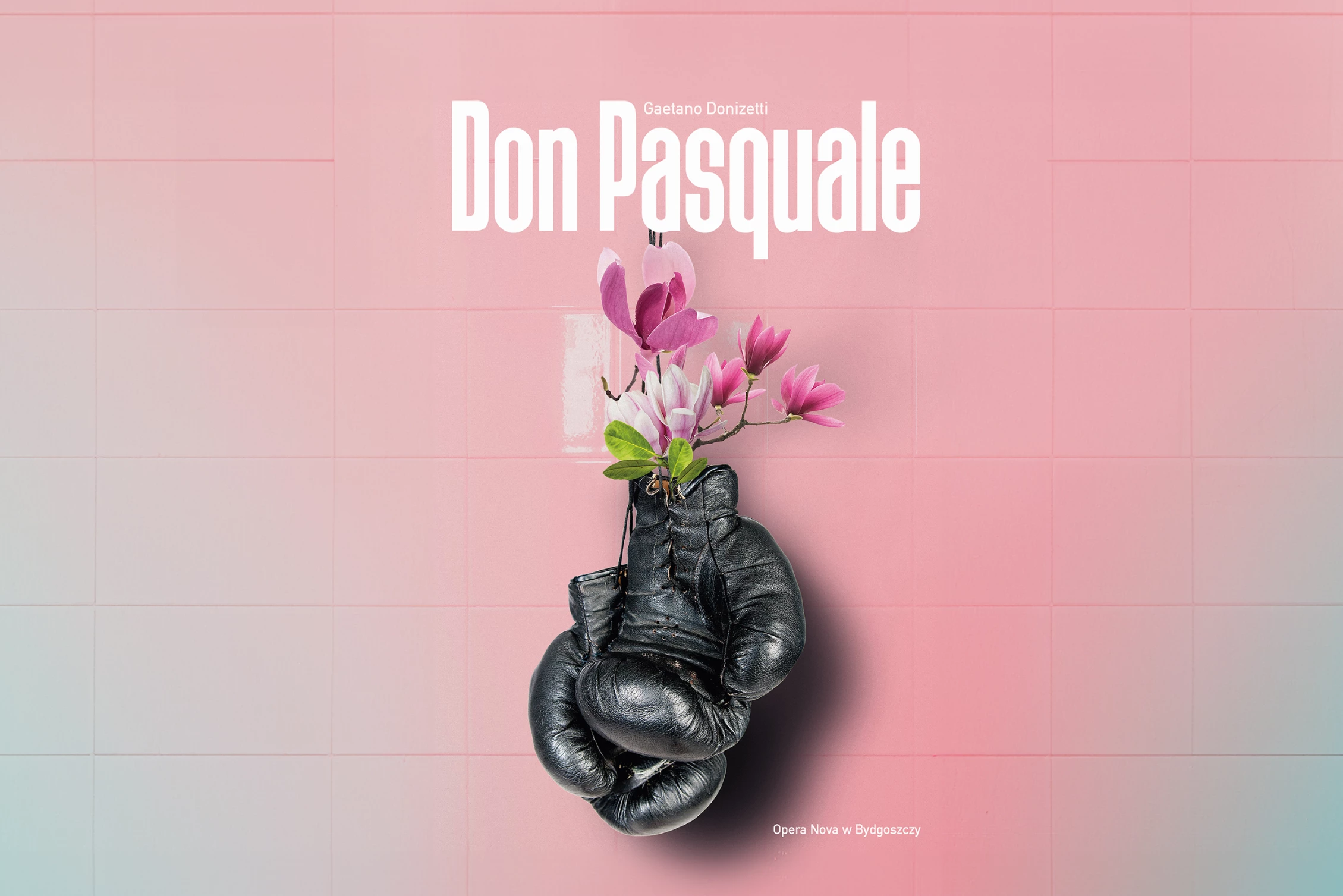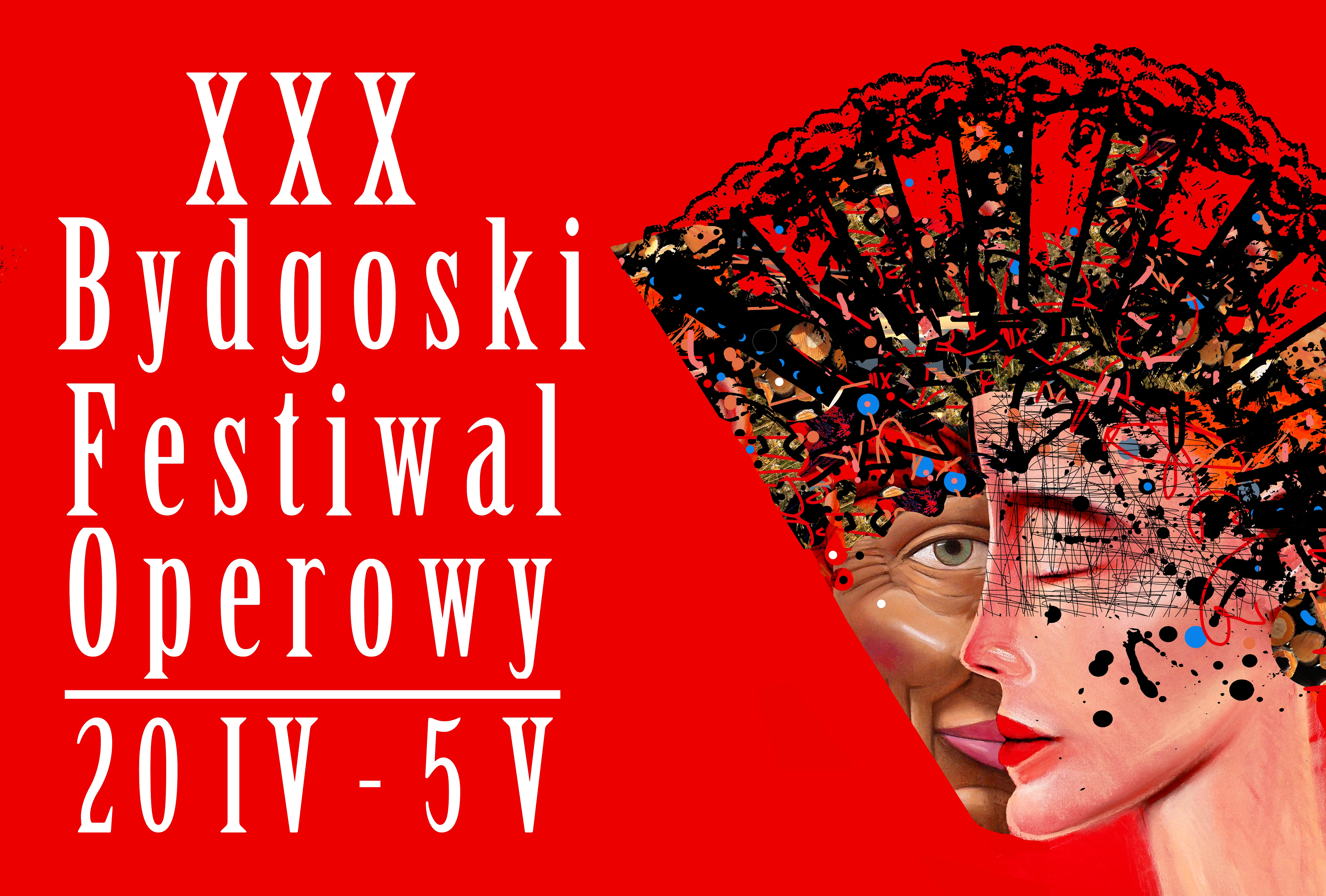- WHAT'S ON
- Our repertoire
- Tickets
- Performances
- XXXth Bydgoszcz Opera Festival
- Bydgoszcz Opera Festival
- About
- Contact
- Search

Madama Butterfly is the first Puccini's opera set in an exotic environment. While composing this beautiful opera, the composer studied and researched music (type of melody, instrumentation) and traditions of Japan. Our heroine, Madama Butterfly, is most profoundly depicted in psychological terms: as a joyful, hopeful fiancée, a trusting and faithful wife, a desperate, abandoned woman, calm and sure of her decision before her death - in every state, she fascinates the listener and dominates the stage.
The authors of the libretto referred to several literary sources: Pierre Loti's French novel Madame Chrysantheme, John Luther Long's short story Madame Butterfly and David Belasco's drama based on it under the same title. Although the main character of the opera Cio-Cio San owes her nickname to the ancestral crest carved in the shape of a butterfly, one can find a deeper symbolism in it.
The geisha drama, taking place in an exotic landscape, has been subtly realized with the extraction of all the beauty of music from the score, maintaining psychological credibility, and stage harmony, using modern lighting techniques. Puccini's opera, classified as a veristic masterpiece, is staged with unbated success all over the world.
Synopsis
ACT I
In 1904, a U.S. naval officer named Pinkerton rents a house on a hill in Nagasaki, Japan, for himself and his soon-to-be wife, "Butterfly". Her real name is Cio-Cio-San. She is a 15-year-old Japanese girl, whom he is marrying for convenience, and he intends to leave her once he finds a proper American wife, since Japanese divorce laws are very lax. The wedding is to take place at the house. Butterfly had been so excited to marry an American that she had earlier secretly converted to Christianity. After the wedding ceremony, her uninvited uncle, who has found out about her conversion, comes to the house, curses her and orders all the guests to leave, which they do while renouncing her. Pinkerton and Butterfly sing a love duet and prepare to spend their first night together.
ACT II
Three years have passed. Abandoned by everyone, Butterfly lives in poverty with her little son and her faithful maid Suzuki. Full of trust and hope in her husband's return, she looks forward to the appearance of the longed-for ship. Unexpectedly, Consul Sharpless arrives with Pinkerton's letter to announce the sad news of his unfaithfulness. However, he does not find the strength to tell the whole truth. Their conversation is interrupted by the arrival of the go-between Goro, who announces the visit of the rich prince Yamadori, who has long been courting a young Japanese woman. Butterfly, however, steadfastly rejects his competition. A cannon shot announces the arrival of the long-awaited American ship. Happy Butterfly and Suzuki decorate the whole house with flowers and expect a longed-for guest.
ACT III
The night has passed. Tired of waiting in vain, Butterfly goes to rest. After a while, Pinkerton arrives with Sharpless and an unknown young lady. Suzuki learns that it is Pinkerton's wife who has come with her husband to take Butterfly's child. Cio-Cio-San appears. When she sees the young American woman, she understands her tragedy. She dismisses everyone and orders Suzuki to cover the windows and go with the child to the garden. When she is left alone, she takes out an old ancestral dagger, with which she takes her own life.
Brak spektakli w najbliższej przyszłości

"Don Pasquale" by Gaetano Donizetti, directed by Paweł Szkotak, will open our 30th Bydgoszcz Opera Festival on April 20!

Dear Music Lovers, we are pleased to present the program of the 30th Bydgoszcz Opera Festival, to which we cordially invite you from April 20 to May 5, 2024. Please note that ticket sales for festival performances at the Opera box office and online will start on March 11 (Monday) from 8.30. During the XXX BOF we will present 7 performances, hosting teams of excellent theaters from Poland, Lithuania, Monaco, France and Ukraine. In line with many years of tradition, the Festival will op...

Works, associated with the construction of Opera Nova, will benefit our audience in the future. However, before it happens, we all have to face certain constraints.We politely remind our visitors about the difficulties linked to the liquidation of the of the car park in Karmelicka Street and traffic restrictions in this area, which also includes Brda Boulevard. If travelling by car is essential, we suggest designated parking spaces:Grudziądzka Street (15 minutes walk from the Opera House),...